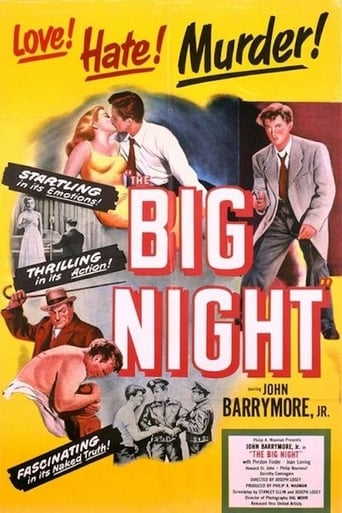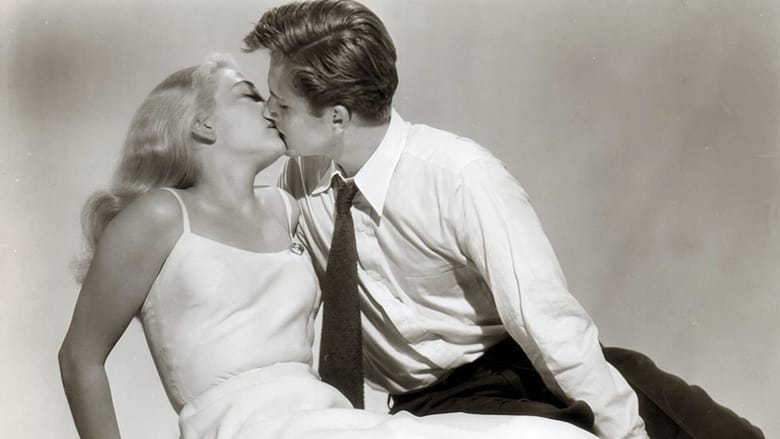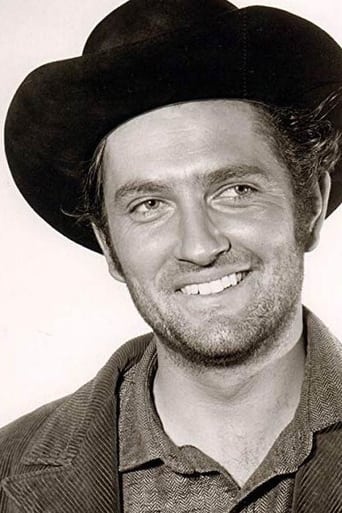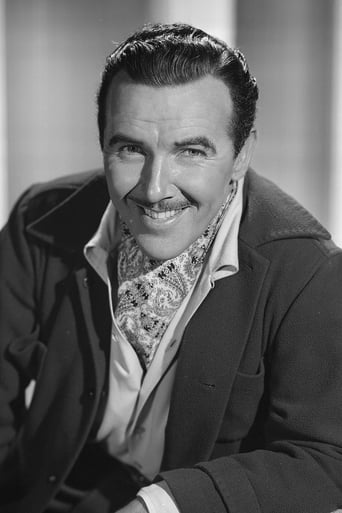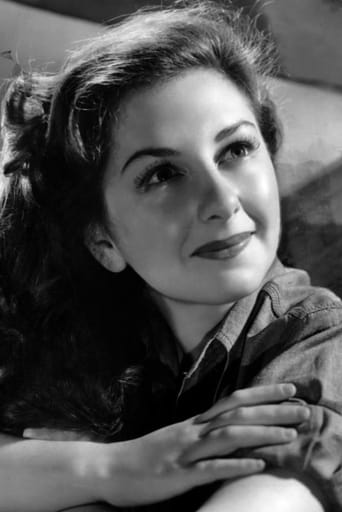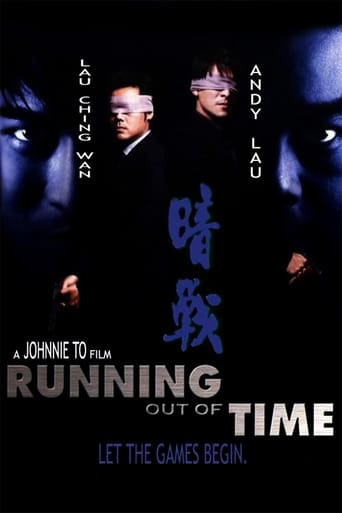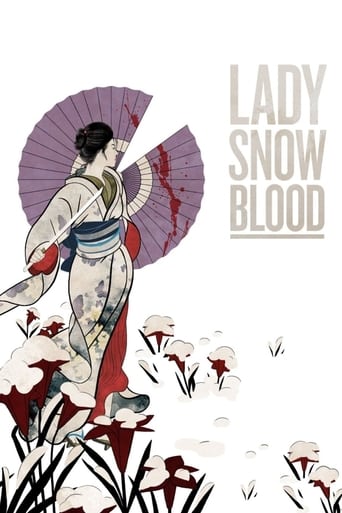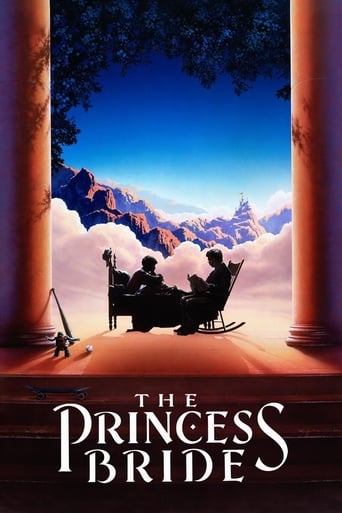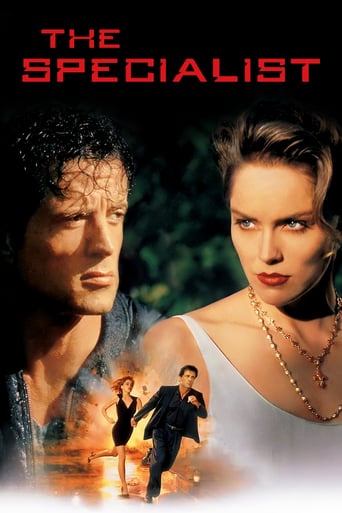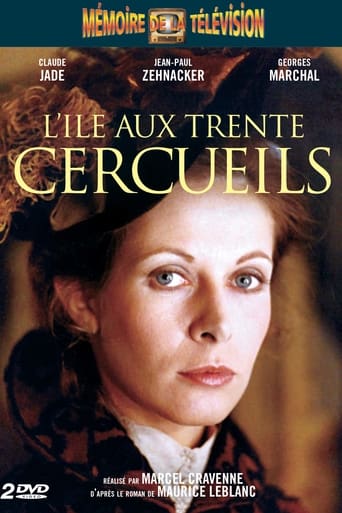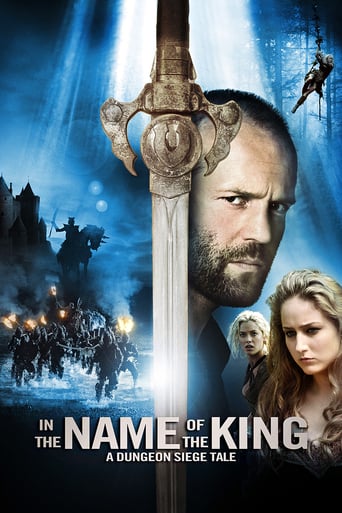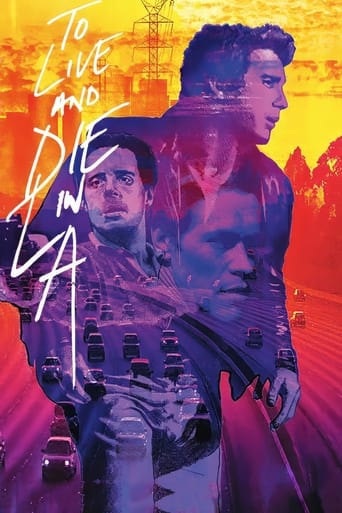The Big Night (1951)
A young man zigzags through the sordid vortex of downtown Los Angeles while seeking vengeance on the man that beat his father.
Watch Trailer
Cast
Similar titles
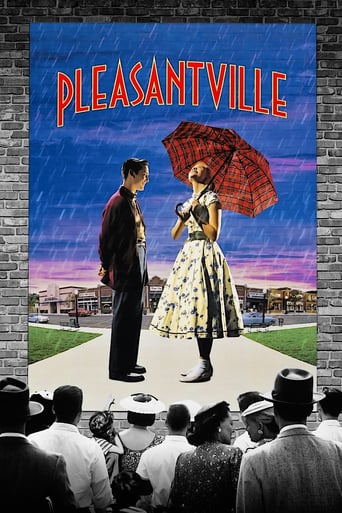

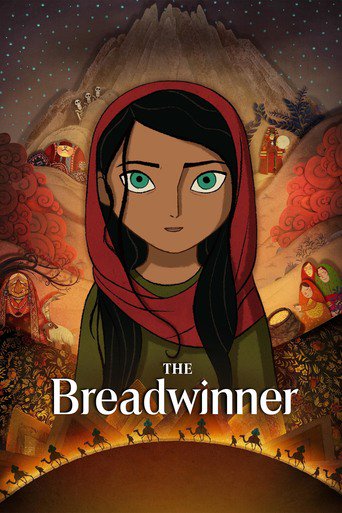
Reviews
In truth, there is barely enough story here to make a film.
When a movie has you begging for it to end not even half way through it's pure crap. We've all seen this movie and this characters millions of times, nothing new in it. Don't waste your time.
Ok... Let's be honest. It cannot be the best movie but is quite enjoyable. The movie has the potential to develop a great plot for future movies
The movie's neither hopeful in contrived ways, nor hopeless in different contrived ways. Somehow it manages to be wonderful
***SPOILERS**** At a coming of age 17th birthday party at a neighborhood bar young George La Main, Drew Barrymore, is shocked to see his father Andrew, Preston Forster, meekly allow himself to be whipped black and blue in front all the shocked costumers by crippled sportswriter Al Judge, Howard St. John, without as much as raising a finger in his defense. Seeking revenge against Judge for what he did to his father George gets a .38 revolver from his room and goes out into the night looking for him and planning to blow Judge away in an act of revenge.This all has George later find Judge in his pad writing a story about a fight that he and George witnessed at the garden arena who seems not at all surprised to see him even with a gun pointed at his head. It's then that Judge gives George the lowdown to why he so brutally beat his father and why he being far bigger and much stronger the the crippled and old Judge that he took the beating almost willingly! Soon a fight erupts between George and Judge with Judge enduing up on the floor from a bullet wound with George fleeing from the oncoming, who were alerted by the neighbors, police!***SPOILERS***Back home with his dad and waiting to be arrested for the murder of Mr. Judge George finds out that his dad is taking the rap for what he just did. It also turns out that despite George being more then willing to take the blame for shooting Judge everything is soon to turn out to be find with Judge alive and well suffering only powder burns and Judge willing to drop all charges against George or his dad who's taking the rap for him. We and George then learn from his dad that he more then deserved what he got from Judge by driving his sister to suicide by refusing to marry her. We also find out that George's dad is still married to his wife whom he told his son has died soon after he was born! Which is the reason he couldn't marry Judge's sister that drove her to kill herself! So as we and George found out his dad really got off light in what he did and even in taking responsibility for shooting Judge, who dropped all the charges against him, it was his actions that lead his son George to try to blast Judge! Who as it turned out was the real injured party in this strange and baffling case.
As someone who knew John Barrymore Jr. 25 years ago, I was heartbroken to see him early in his aborted film career. Though not as charismatic as James Dean would be just a couple of years later, he was certainly Dean's prototype in The Big Night. Perhaps with a better film and a less disturbed personality, Barrymore might have been a working Hollywood actor for many years to come. Anyway, what director Joseph Losey lacked here was the Los Angeles cityscape he used to full effect that same year in his retelling of Fritz Lang's M. The Big Night was screaming for a location project on downtown L.A.'s seedy, beaten down Bunker Hill, a neighborhood of crumbling Victorian mansions and apartment buildings with vertiginous stairways that provided so much atmosphere to other films, such as Kiss Me Deadly, Criss-Cross, The Exiles and, yes, M. Instead, the movie is stage bound and hemmed in by sets that never look convincing. With its rambling "a night in the life" plot line, The Big Night needed another character: a dark city of real streets, background lights, rambling old house, and dingy clubs and bars. In other words, the kind of verisimilitude that transports the viewer into the protagonist's world. The back lot, unfortunately, was a poor stand-in.
Joseph Losey's The Big Night is a film noir that's also, like Moonrise and Talk About A Stranger, a coming-of-age story. The young male undergoing his transformational journey is John Barrymore, Jr., son of the Great Profile and father of Drew. His film career was not high-profile, as he inherited the family disposition toward chemical dependency (blood will tell). But here, boasting a luxuriantly healthy crown of hair, he gives a surprisingly intense yet controlled performance. His big night happens to be his 16th or 17th birthday, when his barkeep father is brutally beaten and publicly humiliated by a local sportswriter (Losey's staging is unflinching). Frustrations about his own Hamlet-like ditherings and confusions impel him to seek revenge on his father's behalf, and, gun in pocket, he sets out into a nightscape of prize fights, gin mills and the walk-up flats of casually met strangers. While Losey's sympathies lie with Barrymore, it's always clear that the emergent man is still a callow stripling, incapable of apprehending the complex reality he crashes into, like a fatted calf in a china shop. Though the director refrains from pushing the conclusion to where it might logically go -- he retreats into sentimentality and sententiousness -- The Big Night still scores as a provocative, moodily shot film.
The story here is revenge, more real-life based, a 1950's version of the crime of passion. A teenager's good-hearted father is beaten to a pulp by a gangster, so the kid invades the streets to get some payback. The father's not worried about the floor-wiping, which leads to a mystery behind the teen's mother, who skipped out on the family long ago, and a woman the father knows who has committed suicide.Seeing this film, there's not much in terms of plot, but there are some notable scenes, particularly when the kid hears a beautiful night-club singer, becomes entranced, gets a chance to meet her on the street, and tells her how beautiful she is. Even though she's, you know,black. The pain in the singer's face rends the poor kid, who was transported by her voice, but can't get beyond her skin color.This film also has one of THE great lines ever in any film noir or any movie period, at least concerning the tragedy between a man and a woman, when there is love involved. There are no words more powerful or poignant, especially for a man who loves a woman beyond reason, who knows he has lost the love of his life. Unable to move on, to love or marry another woman after that one woman has destroyed him, and in fact still very much in love with his destroyer,Preston Foster tells his son, "Sometimes a man loves one woman in the whole world. If she turns out to be the wrong one, well...that's just tough." Truly, the heart of noir is not blackness, but the white-hot scars of passion.
